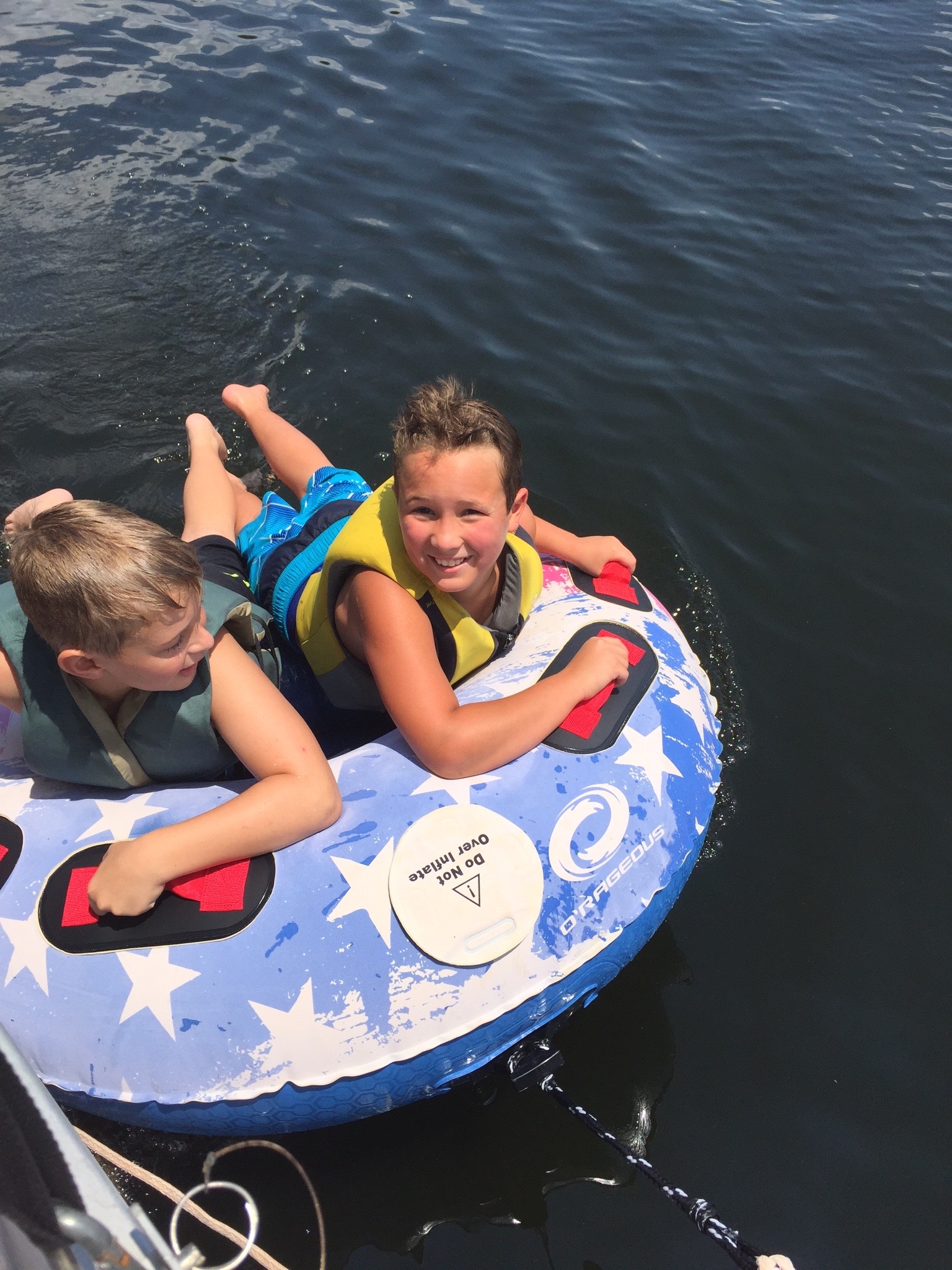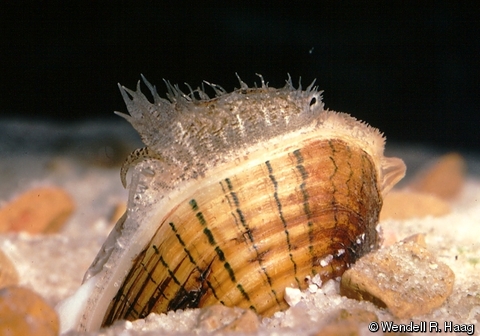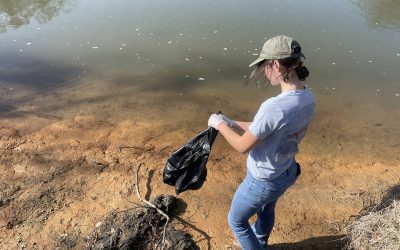A Coosa Homecoming
by Kristin Trowbridge-Alford
It’s been nearly a year since my husband and I temporarily moved our family to Lake Mitchell, taking a reprieve from city life and giving our children an experience we pray they’ll never forget. We had conjured a plan to sell our home in downtown Birmingham and live in my mother’s lake home for a while, returning to the city after the warm months passed and school resumed in the fall.
And so that’s just what we did.
I have called Lake Mitchell home before: as a child with my family in Blue Creek and again as a mom with my two young boys for a short while, each of those seasons holding memories precious enough for stories of their own. But this time I would return with my husband, four children, two dogs and six hens, eager to share the adventures of lake life together.
All through the spring we commuted to Birmingham, where the kids finished out the school year and my husband worked. The morning traffic could be grueling and we often left home so early and returned so late we never saw the sunlight at home. But the weekends spent nestled in a cozy cabin at the end of a dirt road made it all worth it. Campfires, hikes through the woods, forts, nature sculptures, fishing, brisk boat rides, canoeing, star gazing and hot chocolate—our days and nights were heavenly, the loud and grating sounds of the city replaced with the hooting of owls, the nighttime splashing of our resident beaver, and the choir of insects and birds, proof that nature will keep on doing its work if we only will allow her some space.
While we became familiar with certain regulars in our slough, particularly the turtles and herons, the children yearned to see the neighborhood fox and the legendary panther. We sat outside at night hoping to hear her scream and I suppose we won’t stop hoping, however in vain. We celebrated the soaring of hawks and two bald eagle sightings. We brushed upon various king snakes and a water moccasin, learning from each encounter and striving to live at peace with every creature, respecting their invaluable contributions to the ecosystem on which our livelihoods, however contemporary, still depend. This mentality of co-existence meant accepting the harsher realities of the food chain when we lost three of our hens to an extremely thorough predator, giving thanks that we as humans sit so high on that same chain of command.
No longer privy to unfaltering Wi-Fi and cell service, there were many days I abandoned my professional work due to lack of efficiency, only to find the pleasure in reading a novel midday or watching the treetops while horizontal in the hammock. Our social activities greatly diminished, but our community did not. We enjoyed gifts from the kitchens of our neighbors, and shared in kind, my daughter marveling at the friendliness of country folk. Help was offered when we needed it, and we happily returned the favors, caring for pets, towing broken down boats, sharing eggs and muscadine wine.
Thanks to a wall of windows facing the water, I was able to watch my children and our animals roam freely and happily, all day long, while I tended to domestic tasks. They barely needed me, rarely asked for entertainment or complained of boredom, and seemed perfectly self-sufficient. We were immensely content.
I often hear the words of my grandmother who speaks of days when kids stayed out until dark, leaving the parents free to work, play, and socialize without feeling the need to keep their kids busy or worry about their safety as much as parents today seem so burdened by. As I observed my own family, everyone seemed to have space–mentally, physically and spiritually–to work and play, discovering how sometimes the two bleed together and in that place, joy is found.
Now back in Birmingham, the question for us remains: How does one live on such a crowded planet, in these distracting times, with so much stress, traffic and hustle, and yet stay in touch with our primal roots? Our family has ties and obligations in the city that we have consciously chosen not to sever, and for us this means the practicality of year-round rural-living is a no-go.
But the lessons we learned during our short season as lake residents are still fresh, and I remind myself that finding the peace that only nature seems to bring is not as difficult as it may seem. It’s a walk in the woods at your local preserve, a float down a river, a night on the porch with all the lights out, perhaps even dinner in the backyard.There is life everywhere, waiting to replenish our souls and heal our bodies. It is ours to enjoy, if we can only find a way, despite ourselves, to keep it.
Kristin Trowbridge-Alford lives in Bluff Park with her husband and their four (almost five!) children. She is active in the efforts of both Beautycounter and Coosa Riverkeeper, working as an advocate for safe skincare in the cosmetics industry and clean water for us all.








